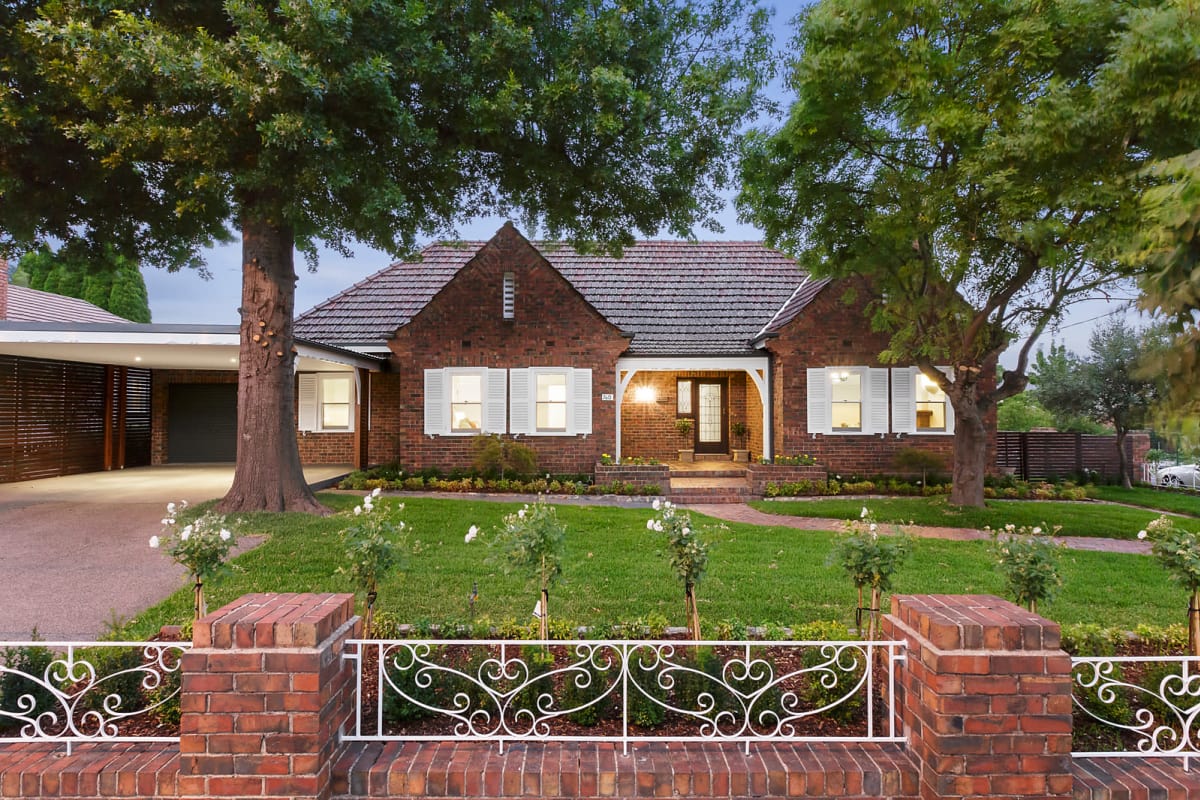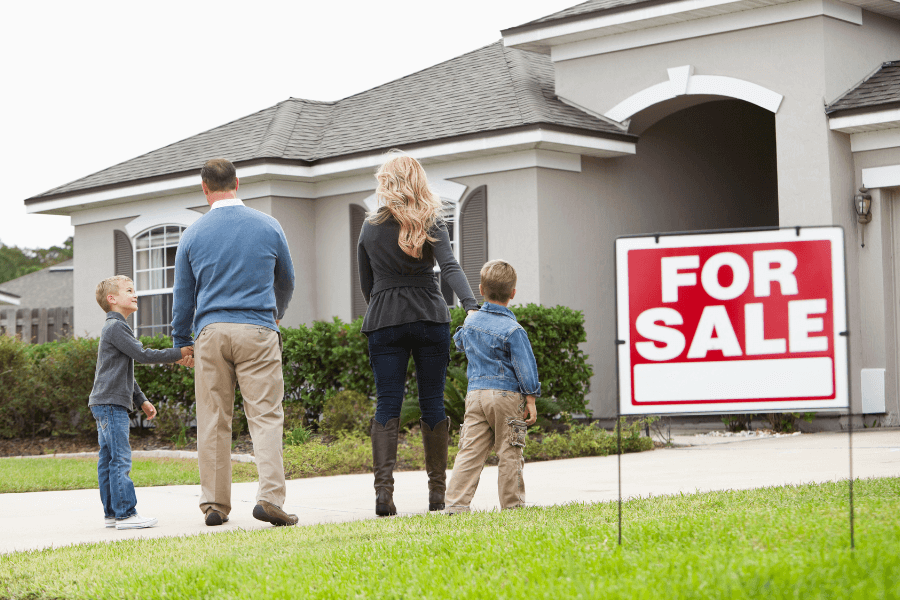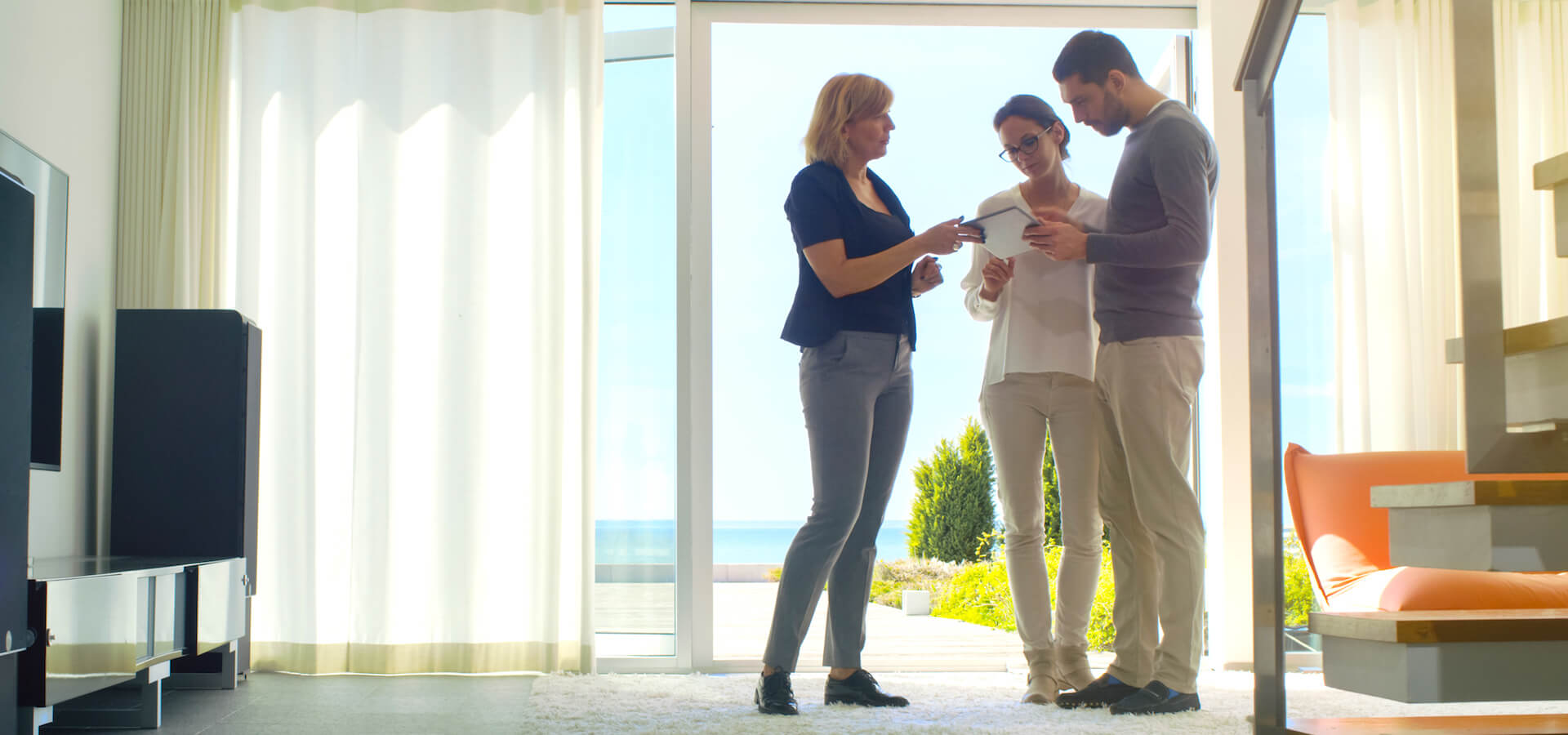When selling a home, we all want to achieve the best price possible, while the buyer is usually after the best deal they can get.
However, in the end most houses sell for what I would call fair market value – the price a willing buyer will pay, and a keen seller will accept, given that neither the buyer or seller is under pressure to close the deal.
Of course, sometimes buyers get a great deal and at other times they overpay. In both instances, this is usually because emotions come into play.
Pressure or motivation comes from life changes such as divorce, a sudden job transfer, difficulty meeting mortgage repayments or a death in the family can compel either the buyer or seller to act quickly.
 For sale: 260 Gilbert Road, Preston, VIC
For sale: 260 Gilbert Road, Preston, VIC
But getting back to fair market value – the price you’re most likely to achieve; let’s get one thing clear…it may not always be ‘fair’ to you.
It may not be what you call ‘equitable’ because the fair market value is impartial, it takes no sides and it doesn’t care about what you need or what you want.
Let’s look at it this way…Suppose there are two identical homes next door to each other in the same street. One was purchased by Pat and Ken 20 years ago. They paid $200,000 for their home and over time have slowly paid off their mortgage. Their neighbours, James and Katie bought their home five years ago and paid $500,000 for it.
During the last few years, the value of their property remained fairly static as James and Katie bought in a suburb where there was an abundance of new properties. However, they have done some improvements to the home and even put a swimming pool in the backyard.
Both couples now decide to put their homes on the market. Because they are both very similar, almost identical houses – the same size, the same age, the same condition, the same location – other than the improvements James and Katie made, you’d expect they’d have similar fair market value.
Under the circumstances, the fact that James and Katie paid a lot more than Pat and Ken doesn’t really matter. Even though they put a swimming pool in, this won’t necessarily increase the value of their home by the $50,000 they paid to have it installed.
In fact, some buyers won’t even be interested in looking at their house because they don’t want the extra maintenance that comes with an in-ground pool. So the fair market value of their home may be $5,000 to $15,000 more than Pat and Ken’s because of the pool, but in the eyes of many buyers, it in fact won’t be worth any extra at all.
When both couples sell their homes, Pat and Ken will walk away with a pocket full of money because they’ve paid off their mortgage, allowing them to go off and buy their next home. Whereas in the case of James and Katie, they’ll probably only have a little left over after repaying their mortgage because house values haven’t increased all that much since they bought their home.
So now you can see why we say that despite the term ‘fair market value’, it’s not always fair or equitable to you – it’s simply unbiased.
In today’s market, your house is worth what the current market deems it to be worth – not what it’s worth to you in ‘your’ opinion.
The value of your home is NOT related to:
- How much you paid for it.
- How much you owe on your home mortgage.
- The renovations you have done to your home. It’s the things that you can’t easily change or enhance that add value to your property – things like north facing windows and sunshine all day or proximity to the beach or the water.
- How much you love your home.
Instead, its value will depend on factors such as:
- Location,
- the neighbourhood,
- its age and condition,
- and the number of other comparable properties for sale.
How to best determine the fair market value:
A great way to determine the fair market value of your home is to get a comparable market analysis from an active local real estate agent who will compare your home to all the properties in the same neighbourhood as yours that sold in the past six months and that were approximately the same age, size and condition as your house.

For more advice on maximising the sale price of your home check out these ideas to boost your kerb appeal, five ultimate value adds when renovating, tips to renovate for your target market and must-dos for holding an open house.







Hello, If I buy a 15 acre property, how does Centrelink work out the exact asset value on the 10 acres part of the overall land. ( other than getting an appraisal)
If I was to do an estimate myself, could I use the unimproved land value from the rates notice and use that value to work out how much the 10 acres was worth.
Alternatively can I use the Capitall Value from the Rates notice in the same way as above.
I am worried that I may be hit with an asset test penalty thereby reducing my then pension possibly to zero.
I am not working, I am currently not on a pension, all I have is an Allocated pension which is going to pay for the house.
I know that the amount of time getting an appraisal myself will see the house swept up by some other happy chappie.
Can you help
Kind regards
Ron Tree